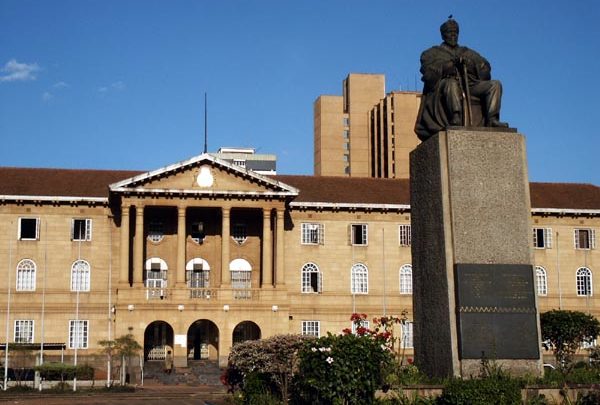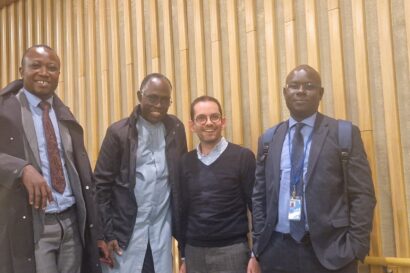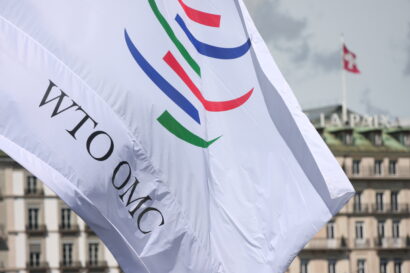Just over a week ago, the Kenyan High court declared the double tax avoidance (DTA) agreement between Kenya and Mauritius unconstitutional. Here are some thoughts from two of our experts on the topic:
Reflections from Catherine Ngina Mutava
The ruling on the legality of the Kenya-Mauritius DTA presents an interesting situation. First, the declaration that DTAs are not treaties and therefore not subject to the treaty ratification rules actually gives the executive greater leeway to conclude DTAs without much scrutiny, since the ruling affirms that any such scrutiny can only be at the tail-end after the treaty has been negotiated and when the legal notice is tabled before Parliament. By that point, the DTA has already been signed, and it is unlikely that anything in it could be changed by Parliament.
Further, the nullification of the legal notice bringing it into effect opens a Pandora’s box, since it questions the legality not only of the Mauritius DTA but also of all other existing DTAs which came into effect after the Statutory Instruments Act of 2013, since none were tabled before Parliament. If this should happen, it will be interesting to see how the conflict between domestic legislation and international treaties is resolved in Kenya, especially since the court held that DTAs are not treaties. To avoid a diplomatic crisis, the government may try to remedy the situation by tabling the legal notices of previous DTAs before Parliament, though it is not clear if this is legally possible.
As Kenya is a pacesetter in the East African region, the ruling is likely to cause neighbouring countries to re-examine their ratification processes more closely to determine if indeed the proper processes have been followed. All in all, this development is a win for accountability in the area of DTAs. In practice however, it may be a small one, as parliaments are likely ill-equipped to engage effectively with the technical aspects of DTAs.
Reflections from Martin Hearson
Back in 2014, I was in touch with Nairobi-based Tax Justice Network Africa (TJN-A), as they prepared to take the Kenyan government to court over its tax treaty with Mauritius, signed in 2012 (see the press release summarising their argument). The treaty seemed a pretty poor deal for Kenya: It lacked adequate anti-abuse protection, prevented Kenya from imposing withholding tax on technical fees, and restricting its ability to impose capital gains tax, which Kenya was in the process of introducing. You can read my expert opinion here, which was submitted to the court by TJN-A.
It has taken more than four years, but on March 15th the High Court ruled, declaring the ratification of the treaty in Kenya to be invalid (see the full ruling here). This is a landmark case, because tax treaties are usually technical instruments that undergo only cursory parliamentary scrutiny, if any at all. For a civil society organisation to challenge one in court, let alone win, is quite astonishing. Kenyans I know were excited by the possibilities of the country’s new constitution, and this shows their optimism was not misplaced!
TJN-A argued that the treaty was unconstitutional for two reasons: in content terms, the treaty would lead to an unacceptable loss of revenue; in process terms, it should have been subject to public consultation and approval by Parliament. The court actually sided against TJN-A on both counts, stating among other things that it should have provided figures for the revenue lost (which should make it untenable for governments to refuse to do the same) and that consultation with Kenya Revenue Authority constituted adequate public participation. The ruling is that the statutory instrument giving effect to the treaty should have been laid before Parliament, and was not. I disagree with a lot if what is in this judgement, but its political impact is nonetheless huge and welcome, as the TJN-A’s press release and this message from its Executive Director Alvin Mosioma illustrates:
This is indeed ground breaking. We will be looking at going after similar DTAs not only in Kenya but across other countries @ICTDTax @ATAFtax @TaxJusticeNet @Ezenagu @StopIFF @TamukaKagoro77
— ALVIN MOSIOMA (@alvinmosioma) March 18, 2019



